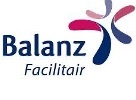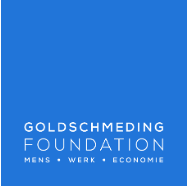Assistance by technology of cognitive impaired workers
We have applied a human-centered approach to choose and develop assistive technologies in various pilots in close collaboration with companies providing work for impaired people (sw-companies). In three pilots this has led to the different forms of technology: (1) beamer projections of step-by-step instruction and feedback, (2) step-by-step instruction and feedback on tablet, (3) an app based on AI, (4) whapbot and communication platform. The first three technologies have been realised, applied and evaluated among assembly workers and garden service workers.
The most relevant finding was that many people who cannot do their work without technology turn out to be able to do so with the chosen technology. We have gained knowledge about the usability and acceptance of the technology and the preferences of the workers. The companies indicate that they want to use the technology more widely. Growth and upscaling of the technology were the focus of a closing meeting with a large group of stakeholders, where we defined main follow-up activities to create societal impact on a longer term, namely, an increase in the work participation for people with a distance to the labour market.
This project has also resulted in an overview of cognitive support technologies that makes it clear for companies and employees which technology to use where ('technology-function matrix'). In addition, the project provided: a method to operationalize the effect of technology on the accessibility of work and a method to measure self-efficacy in people with cognitive disabilities.







